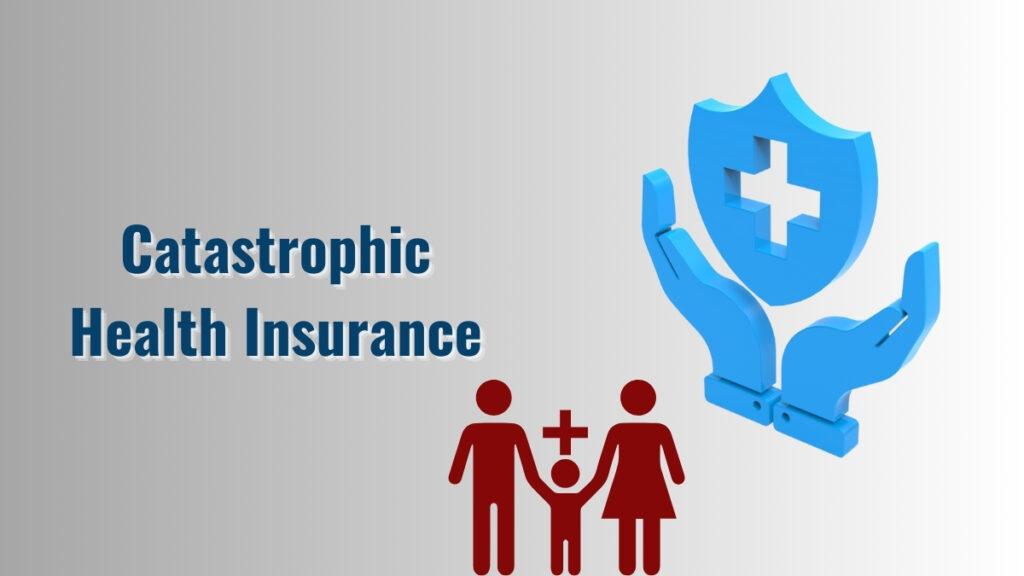Catastrophic health insurance is designed to provide coverage for major medical expenses resulting from severe illness or injury. It typically offers lower premiums, but higher deductibles compared to traditional health insurance plans.
Here are some factors to consider when determining if catastrophic health insurance is right for you:
Health Status:
Catastrophic plans are best suited for individuals who are generally healthy and don’t require frequent medical care. If you have ongoing health issues or require regular medical attention, a comprehensive health plan with lower deductibles may be more appropriate.
Financial Situation:
Catastrophic plans can be beneficial if you’re looking to save money on monthly premiums and are comfortable with a higher deductible. However, you should be prepared to pay the full deductible amount out of pocket before your insurance coverage kicks in.
Risk Tolerance:
Consider your tolerance for financial risk. With a catastrophic plan, you’re protected against major medical expenses, but you’ll have to cover routine healthcare costs yourself until you reach the deductible. If you’re comfortable with the risk of higher out-of-pocket expenses in exchange for lower premiums, a catastrophic plan may be a good fit.
Age and Lifestyle:
Young, healthy individuals who rarely visit the doctor may find catastrophic plans appealing, as they provide coverage for unexpected emergencies without the expense of comprehensive coverage. However, as you age or if your lifestyle changes, you may require more comprehensive coverage.
Availability of Subsidies:
Depending on your income and eligibility, you may qualify for subsidies to help offset the cost of health insurance premiums through the Affordable Care Act (ACA) marketplace. These subsidies can make comprehensive plans more affordable, so be sure to explore your options.
Network and Coverage:
Before choosing a catastrophic plan, review the network of healthcare providers and services covered. While catastrophic plans typically offer coverage for emergency care, hospital stays, and certain preventive services, coverage for other services may be limited.
Health Savings Account (HSA) Compatibility:
Some catastrophic plans may be compatible with Health Savings Accounts (HSAs), which allow you to save money tax-free for medical expenses. If you’re interested in using an HSA to save for future healthcare costs, consider choosing a catastrophic plan that qualifies.
Conclusion:
To enroll in catastrophic health insurance depends on your individual circumstances, health needs, and financial situation. It’s essential to carefully evaluate your options and consider the potential risks and benefits before planning. Additionally, consulting with a licensed insurance agent or financial advisor can help you navigate your choices and find the right coverage for your needs.


